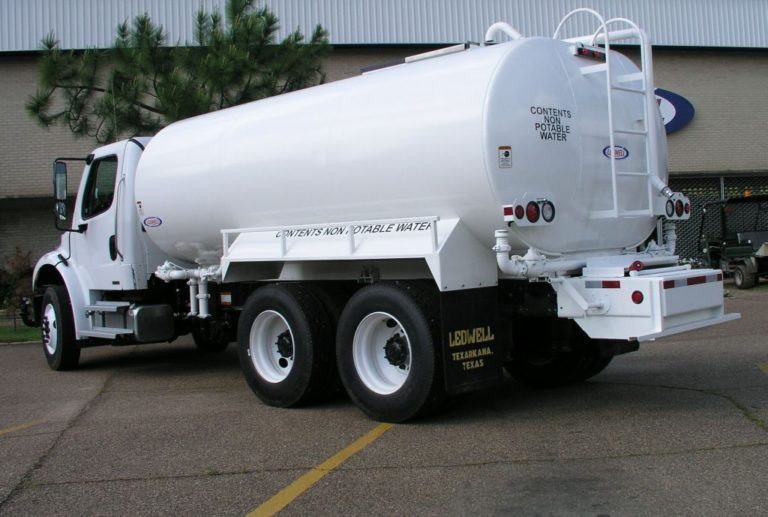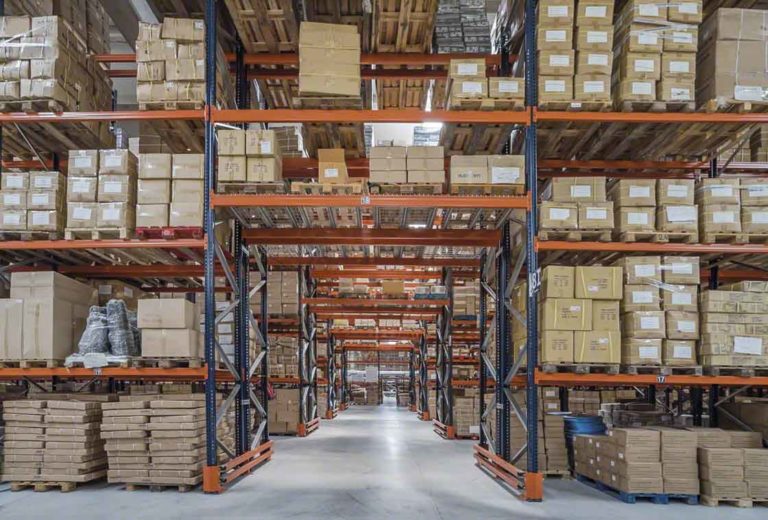If you’ve ever worked on a construction site, you’ve probably seen these tanker trucks parked nearby. Any building or construction project will necessitate the use of these materials. Water tanker trucks are frequently used to transport large volumes of water. They are often used in industrial and agricultural settings where a consistent supply of water is necessary, yet there is a demand for more.
Large filling and emptying tanks and a pump and hose system are typically installed on the chassis of water tanker trucks. Worldwide Machinery sells these trucks, as well as other vehicles. To discover what kind of machinery you could need, contact their heavy equipment sales pros.
Priorities to Consider Before Making a Decision
There are a few things to consider when looking for a vehicle to guarantee that you get the right size for your business.
- Consider the type of task you will be doing before you begin. If the building project is doable, a smaller water truck should suffice. To commence a labor-intensive building project, a bigger water truck is necessary.
- Consider the terrain you’ll be working on as your second action. A lower-powered water truck may suffice if you work on flat terrain frequently. If you need to work in hilly or mountainous terrain, you’ll need a larger water truck or something similar to a crawler carrier that can traverse any terrain.
- Third, evaluate the environment in which you will be working. To keep your employees hydrated in a hot atmosphere, you’ll need a water truck with a large tank.
- The frequency with which you use the water truck is the fourth component of the plan. If you need it on occasion, a smaller water truck should suffice. However, if you want to use the water truck regularly, you will require a larger water truck.
- Another consideration is your financial strategy. A water truck can range in price from a few hundred to several thousand dollars. It is vital to stay within your budget when purchasing a water truck.
If you pay great attention to each of these factors, you should be able to select the best-sized water truck for the job.
The Utility and Advantages of Water Trucks
Water trucks are commonly employed on construction and mining sites to provide a consistent water supply for various applications. They can also be used to distribute water in the aftermath of a natural disaster, like a fire. Because they exist in a variety of sizes, there is a water truck to meet every need.
What Are the Most Common Applications for Water Trucks?
Water trucks are specialized vehicles with enormous water tanks in the back and spray nozzles operated to disseminate the water. They are widely used in a wide range of sectors. Civil engineering, mining, agriculture, and firefighting are a few examples. Water trucks are equipped with big tanks in the back that hold water and spray nozzles that control water flow. These trucks are built to transport big amounts of water.
We’ll go through a few of them below so you can see how introducing a water truck into your business’s operations might help you. They can provide and distribute potable and recycled water, which has a number of advantages. Here are just a few examples:
Dust from construction and mining sites might hinder operations if 2,000 to 4,000-gallon water trucks aren’t used. These trucks are employed to keep the dust to a minimum. These trucks effectively tamp down dust by trailing behind grading equipment as it prepares the soil for operations and level the surface.
Dusty working conditions complicate the task and increase the risk of health problems such as bronchitis, asthma, and cardiovascular disease. Water trucks make it possible for miners and construction workers to breathe better air. Dust is removed from the air where miners and construction workers live on using this procedure.
Having water trucks on standby can help put out fires in isolated, rural regions without fire hydrants. This is because some areas require fire hydrants. These trucks convey the water that firefighters use to extinguish flames and dampen dangerous areas that may catch fire and spread quickly.
Earth Compaction and Leveling
To produce a flat surface on construction sites, the earth must first be leveled and compacted. This is required for the safe construction of infrastructure, including highways, bridges, and buildings. When heavyweight compacting equipment such as rollers, rammers, and vibrating plates are used to compact the soil, the water content is retained, but the air component is removed. Since it has been crushed, the land has become more productive.
When the planet is overburdened with water, it slows down and becomes unstable. The dry particles can only link together if there is adequate water in the soil. As a result, the earth will lose its cohesiveness. Water trucks on construction sites provide a quick and portable source of water and the exact volume of liquid required to maintain the right water-to-soil ratio for strong and stable compaction. This is required for effective and long-lasting compression. As a consequence, dirt may now be pulverized more effectively.
During the terrible drought that ravaged the Midwest and West Coast of the United States from 2011 to 2016, the agriculture industry began to employ water trucks. This drought, which lasted from 2011 to 2016, ravaged a large portion of the country. This occurred from 2011 through 2016, inclusive.
If there is an unusually long period without rain, these trucks will deliver reclaimed water to dry farmlands. This allows the irrigation process to continue, resulting in better crop and livestock preservation.
Additional Equipment You May Require
If your firm requires the use of a water truck, you will most certainly need additional heavy equipment and gear. If you own a water trucking company, consider adding a crawler carrier to your fleet. Crawler carriers are a necessary mode of transportation in difficult terrain. If you desire water, you can be in a problematic geographical condition.
These devices are built to last, even in inclement weather and on challenging terrain. A crawler carrier is a form of construction machinery that is used to transport large volumes of material from one location to another. Its main use is to convey such loads. These vehicles are commonly used in transit-related applications where a regular wheeled vehicle, for example, would take more effort to operate safely or effectively, such as across uneven terrain.
A crawler carrier, like a water truck, is an ideal alternative for all-purpose equipment. For additional information on the machinery offered by Worldwide Machinery, please click here. They can assist you if you need to acquire or rent equipment for a specific cause.










